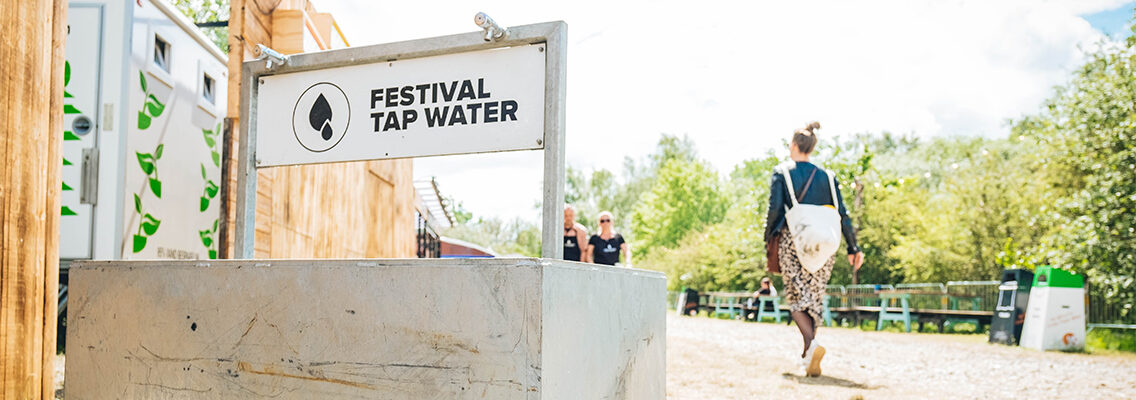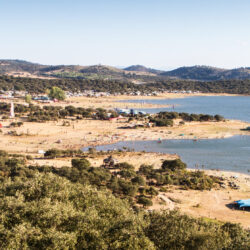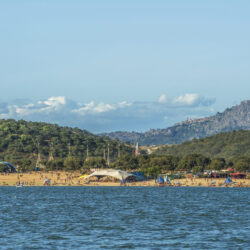
Green Festival Stories: Water
The impact of water at festivals
Water is essential for life and hence is an important aspect of any event to get right. Due to climate change, there are more disruptive weather patterns, leading to extreme weather events, unpredictable water availability, exacerbating water scarcity and contaminating water supplies. However, there are numerous ways for festivals to reduce water usage and treat grey water – think about:
- Reducing water usage
- Treating water on-site
- Actively preventing local water pollution
- Investing in the treatment of grey and black water
How? You will find inspiration and guidance in these case studies selected by Future Festival Tools.

Two case studies: water
Curious about more Green Festival Stories?
Future Festival Tools compiled a digital publication that identifies, categorises and shares outstanding and transferrable great practices carried out by festivals and outdoor events from all across Europe to reduce environmental impacts and operate a more sustainable business model. The coming weeks, we will share the inspiring stories within the six focus areas travel and transport, energy, materials & waste, food & drink, water, and strategy.
About Future Festival Tools
Future Festival Tools empowers event professionals in live events across the Europe to be future-ready. For this purpose, they have created:
- Self-Assessment Tool. An online tool that raises awareness by enabling users to rate current performance in six key practical areas, linked to the policy themes of the EU Green Deal
- Best Practice Compendium (Inspirational Green Festival Stories) A set of examples of sustainable festivals in practice alongside interpretation and analysis which introduces professionals, stakeholders and VET trainers to the scope and scale of sustainable practices, and persuade them to go further.
- Online Course. A comprehensive, user-friendly e-learning course which provides a robust knowledge base in sustainable business practice and climate action, and develops users’ skills to act sustainably and lead change in six key areas: energy, waste, food, water, travel, and governance.
- Trainers’ Handbook. Contains a curriculum of the course structure and learning objectives covered in the online course and additional guidance on adapting the Self-Assessment Tool, Best Practice Compendium and Online course for classroom use with students of events management, hospitality and related disciplines.














